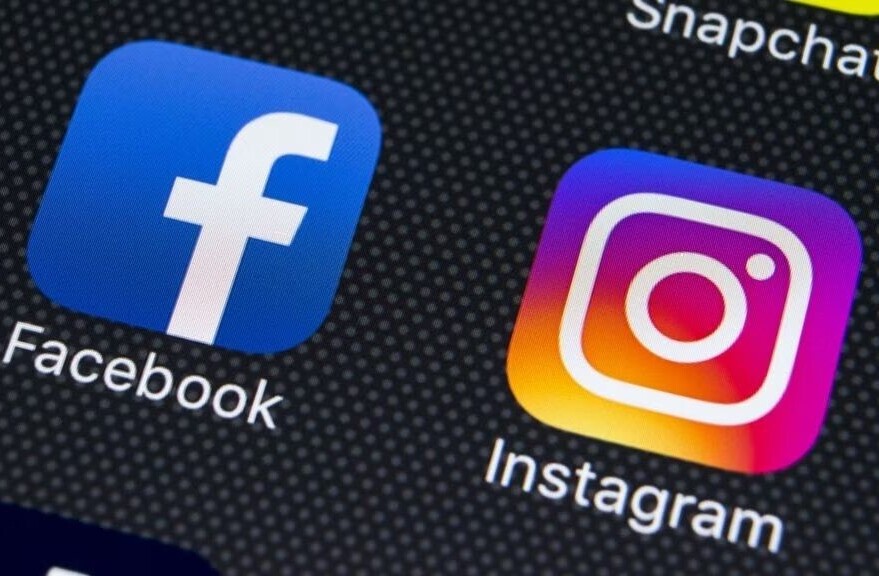
Facebook faces several challenges in emerging markets. The company has to find ways for people to access its platform by maneuvering around limitations which include a widespread use of feature phones, users who want to save on communication costs, and the slow internet speed in certain countries.
To still appeal to advertisers who want to target customers in emerging markets such as Brazil, Indonesia, India, Turkey and South Africa, Facebook has had to come up with ad products that are better suited to the needs of users and advertisers in such countries.
One of these experiments is currently taking place in India, Facebook revealed today. The company is testing a type of ad product built around the “missed call” behavior in the country, which arose because of the high cost of voice calls. This means people dial a number and hang up before the call goes through, so as to save the call time. It is more of a signal to the recipient that indicates they are currently outside and/or request for a return call.
Now, when a person in India sees an ad on Facebook, they can place a “missed call” by clicking the ad from their mobile device. In the return call, the user then gets access to content such as music, cricket scores or messages from celebrities, as well as a brand message from the advertiser — without having to spend any airtime or data. Facebook says it plans to scale this product in the coming months, likely to a wider audience.
Facebook also revealed that it is extending targeting options to marketers in emerging markets. Advertisers in India can now target people by state without having to list multiple cities, while the company said it is also working to bring similar geo-targeting features to Nigeria, Turkey, South Africa, Indonesia and Latin America. In the meantime, life-stage targeting features that are available in the US and UK, which allows messages to reach certain groups of people such as new parents or retirees for example, will “soon” be available in these emerging markets too.
Headline image via Manjunath Kiran/AFP/Getty Images
Get the TNW newsletter
Get the most important tech news in your inbox each week.





